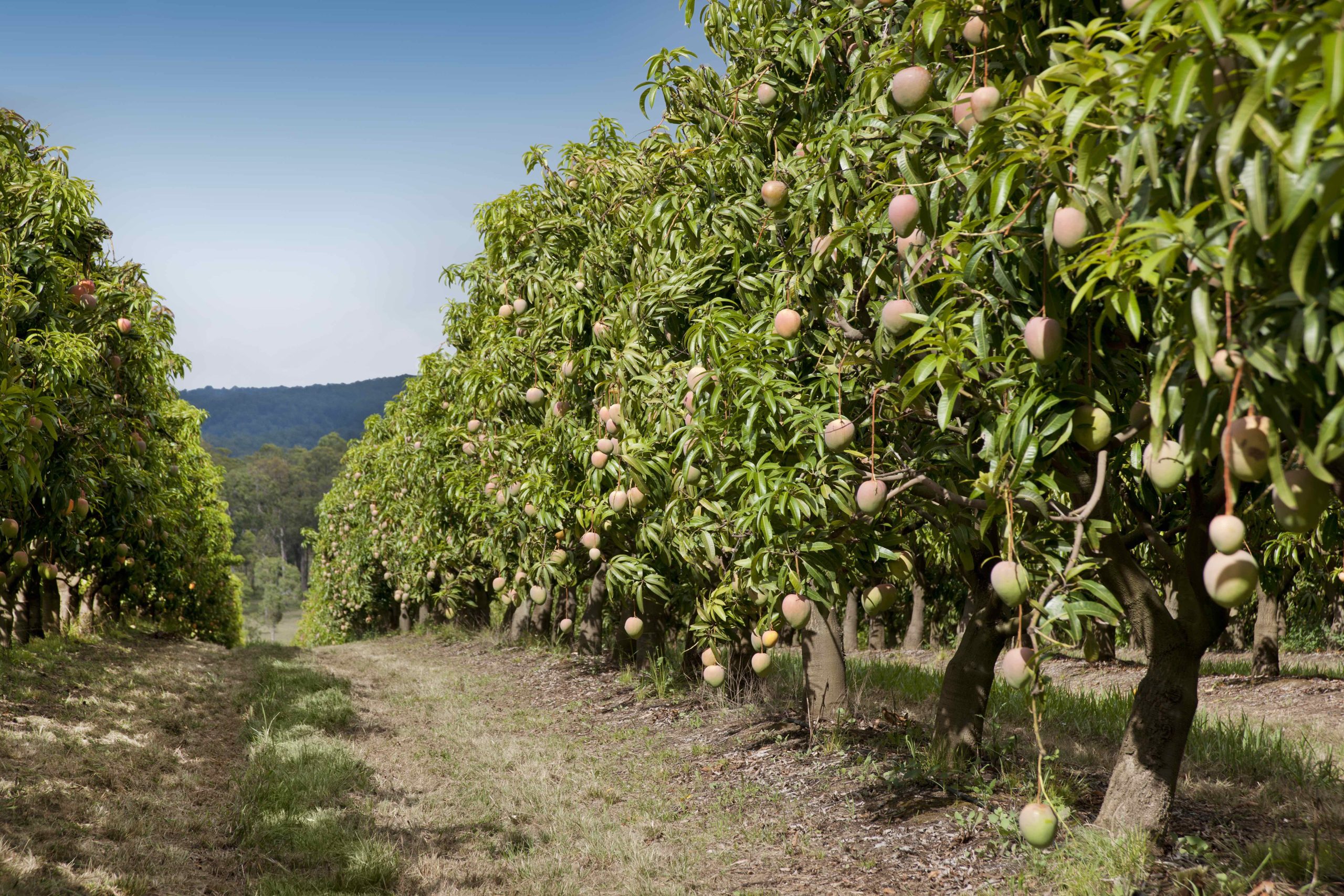Submitted 23 April 2024
Farmers for Climate Action is pleased to contribute to the Legislative Assembly Environment and Planning Committee Inquiry into Securing Victoria’s Food Supply, which is examining the impacts of urban sprawl and population growth on farming land in peri urban areas.
About Farmers for Climate Action
Representing over 8,200 Australian farmers and backed by 45,000 supporters nationwide, Farmers for Climate Action (FCA) is a movement of farmers, agricultural leaders and rural Australians working to influence Australia to adopt strong climate policies by growing the number of farmers, farming communities and elected representatives championing ambitious action. FCA recognises the importance of safeguarding the ability of farmers to produce food and fibre for Australia and the world, while seeking the deep emissions reductions we need to meet climate targets.
Key Points
- Climate change is causing more frequent and more extreme weather events, and these are negatively impacting farming systems, value chains and food security across Australia.
- Growing food close to markets, such as currently occurs in peri-urban areas, is complementary to national value chains as it requires less complex value chains and reduces the risk that supply will be disrupted by climate induced weather events.
- Urban sprawl should not put existing agricultural production zones at risk, including through heightened costs of doing business, such as rates.
- Incentivising farming in peri-urban areas helps to maintain a diversity of food production regions, strengthening the resilience of Victoria’s food value chain.
- Planning in peri-urban areas must also ensure that necessary proposed and future development and infrastructure do not negatively impact on land set aside for food production.
Victoria faces significant challenges in balancing the needs of housing an anticipated ten million people by 2050, with the need to ensure a secure food supply to feed this growing population. Climate change will exacerbate this challenge, having already caused significant negative impacts on agricultural production, costs, and value chains. Land use change from agriculture to housing in peri-urban areas will place further stress on Victoria’s food supply in the future. Estimates indicate that if urban density trends continue, 16% of Melbourne’s food bowl, and 77% of the inner-food bowl, will be lost.
Climate Change and Resilience of Victoria’s Food Supply
In 2022, FCA commissioned a report Fork in the Road which examined the impacts of climate change on food value chains across Australia. The report found that climate change will have an impact at every stage in the food system, including at all stages of Victoria’s food value chain. In particular the longer and more complex the value chain, the more likely it is to be disrupted by extreme weather events. Climate change is expected to make extreme weather events more frequent and more intense, further challenging value chain resilience.
We must also ensure that we maintain food production in diverse growing regions to strengthen value chain resilience. The significant consumer, producer, and community impacts of extreme weather events on the price and availability of food are clearly evidenced by the 2023 floods in Northern Victoria and New South Wales, and cyclones on banana crops in Northern Queensland. Reducing food production in peri-urban areas narrows down diversity of growing regions and reduces resilience of the food systems against climate change.
Protecting agriculture in areas experiencing urbanisation will ensure both diverse production capacity across the state, and diverse value chains – providing improved resilience in the food system and helping to ensure food security and affordability. Urban planning must preserve and protect agricultural production areas.
Planning for Renewables and Transmission Infrastructure
FCA strongly supports the shift to renewables and the need for increased transmission infrastructure. However, renewables and transmission infrastructure can have significant land footprints, and this must be considered and factored into future planning. The introduction of new transmission infrastructure, including necessary easements and exclusion zones, on agricultural land can have huge impacts on farm businesses, including (but not limited to) preventing aerial spraying, building new housing for staff, and effectively managing pests.
These impacts have previously not been properly considered, resulting in the difficult conversations and loss of social licence currently being seen across Victoria over the route of new transmission lines in agricultural regions. This infrastructure can, and often does, co exist comfortably with farming – when planning and project development is genuinely consultative; however, there will be some cases where this is not achievable, and this must be understood and respected. In all cases, governments need to consider farmers and food value chains as a critical partner for early consultation regarding all infrastructure that impacts them. Failure to do so may result in significant impacts on food production. FCA is keen to work with the government on these approaches as we agree that Victoria cannot afford unnecessary delays in the roll-out of necessary infrastructure.
In conclusion, climate change poses significant challenges for food security. Peri-urban areas are currently helping to feed Victoria’s cities and towns, and their location close to markets and urban consumers provides a valuable buffer against the potential devastating impacts of climate change. For these reasons, planning and development in peri-urban areas must preserve and protect existing agricultural land. This will help to ensure that Australians living in our cities and towns can continue to enjoy a secure supply of the fresh, affordable food farmers are proud to produce.
Please do not hesitate to contact either myself or Megan Hill, General Manager of Policy and Advocacy on the number below should you wish to further discuss this submission.
Yours sincerely,
Natalie Collard
CEO of Farmers for Climate Action





